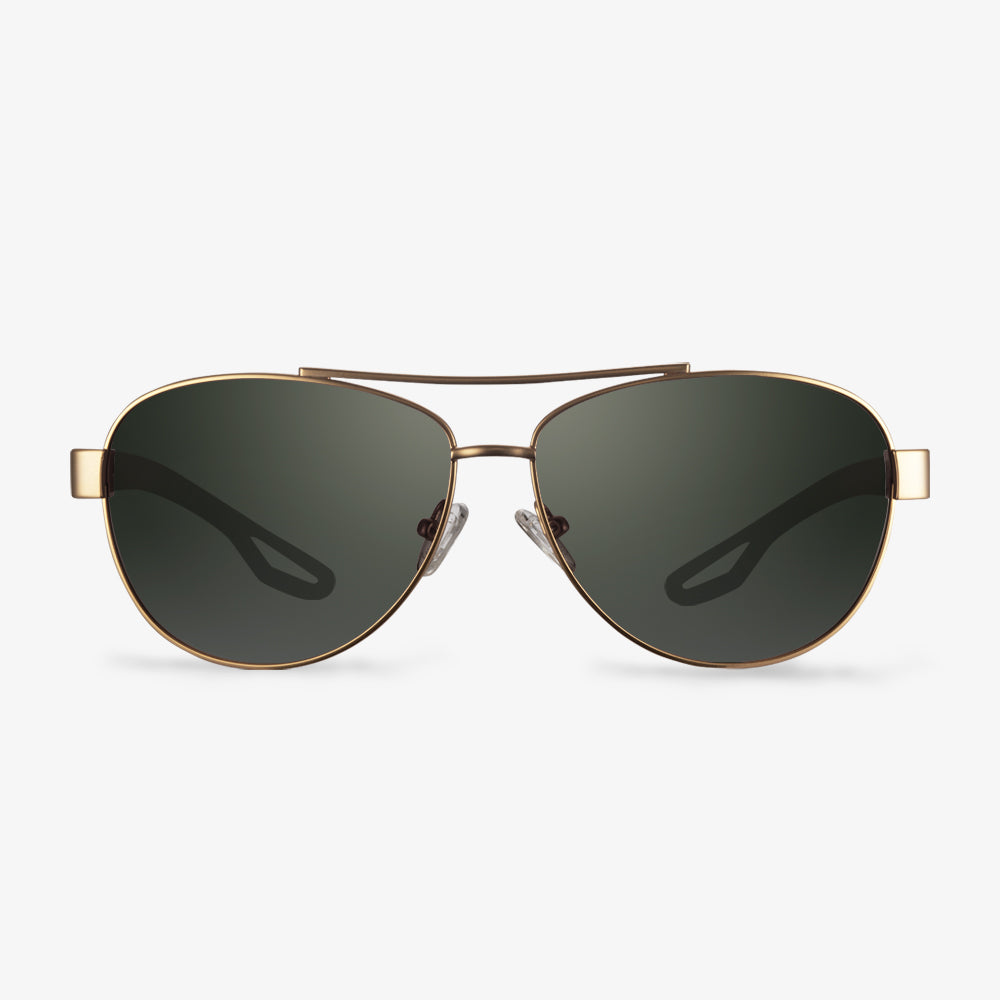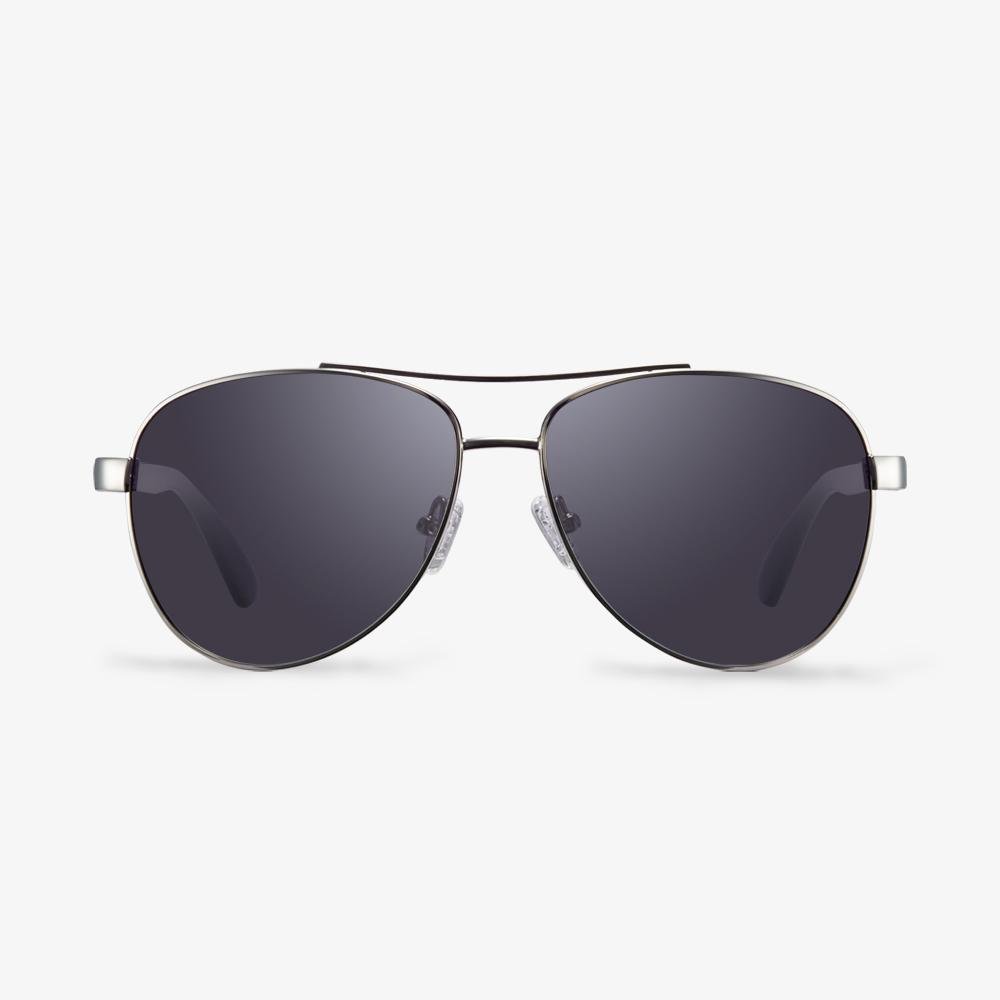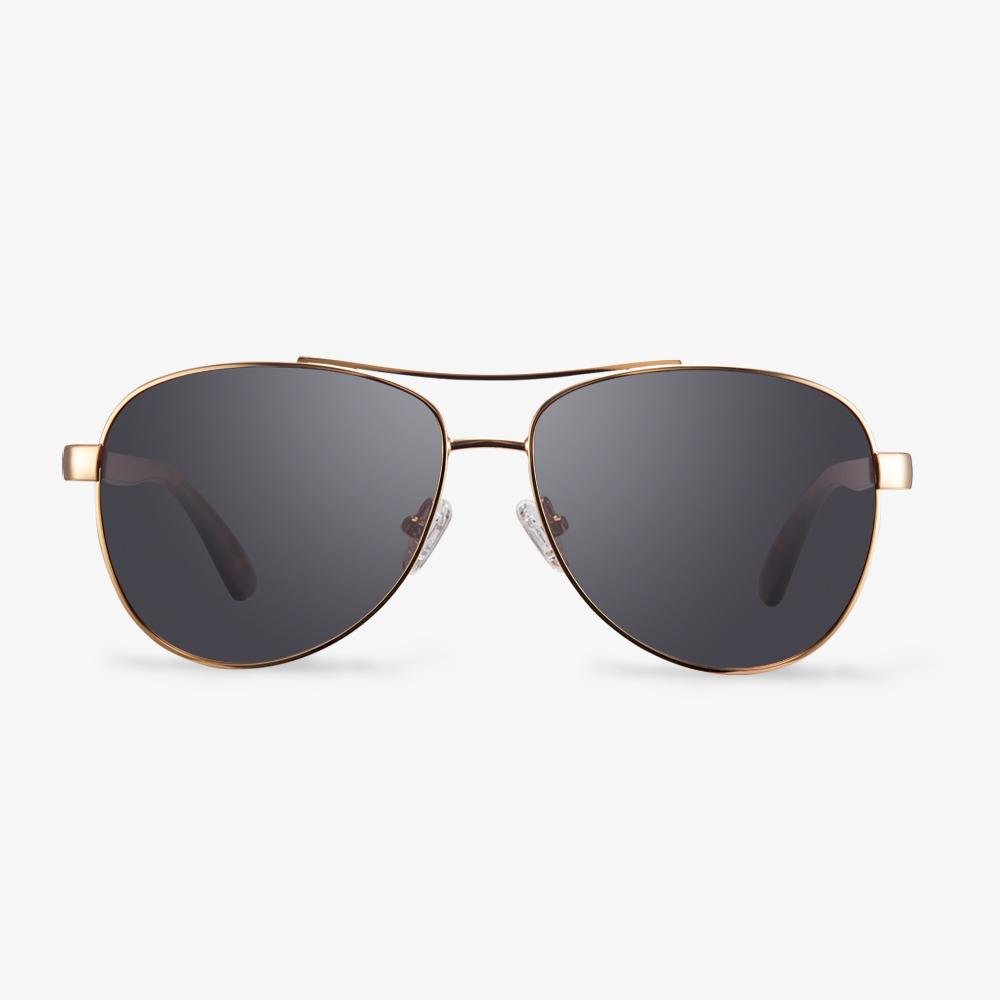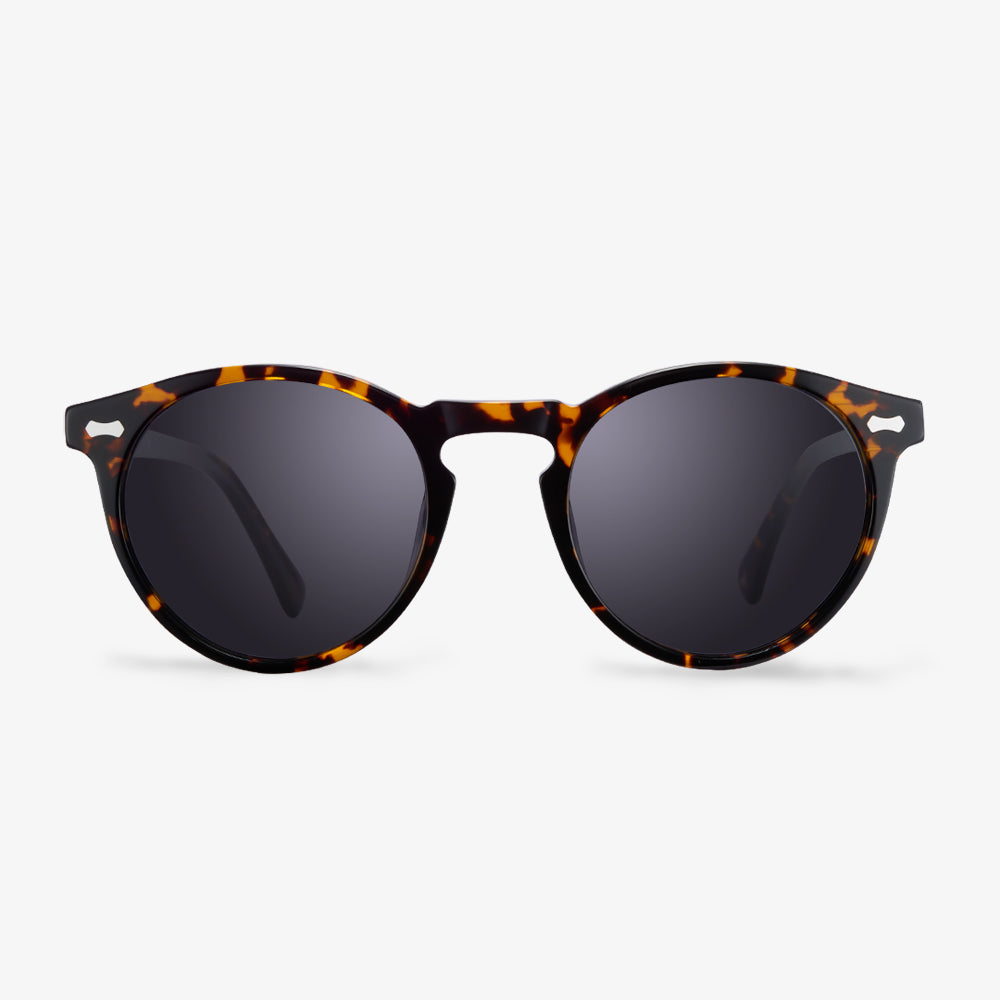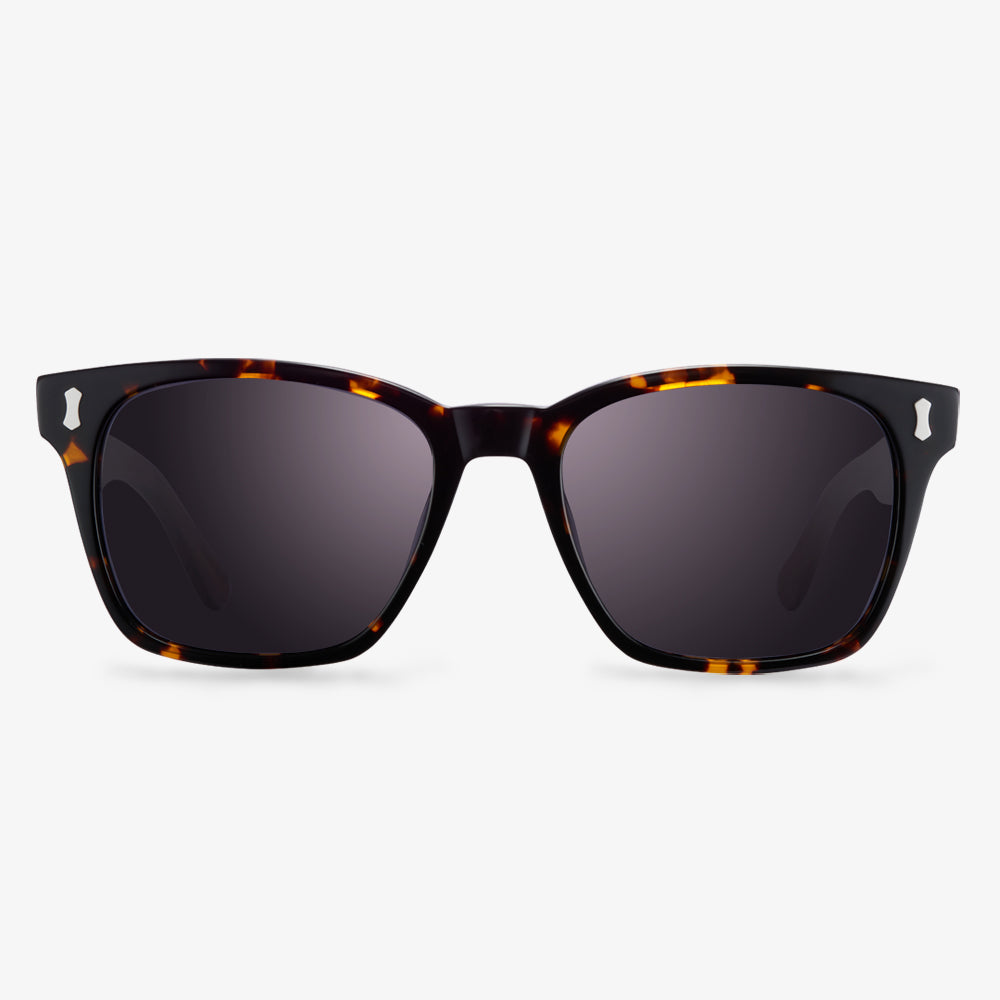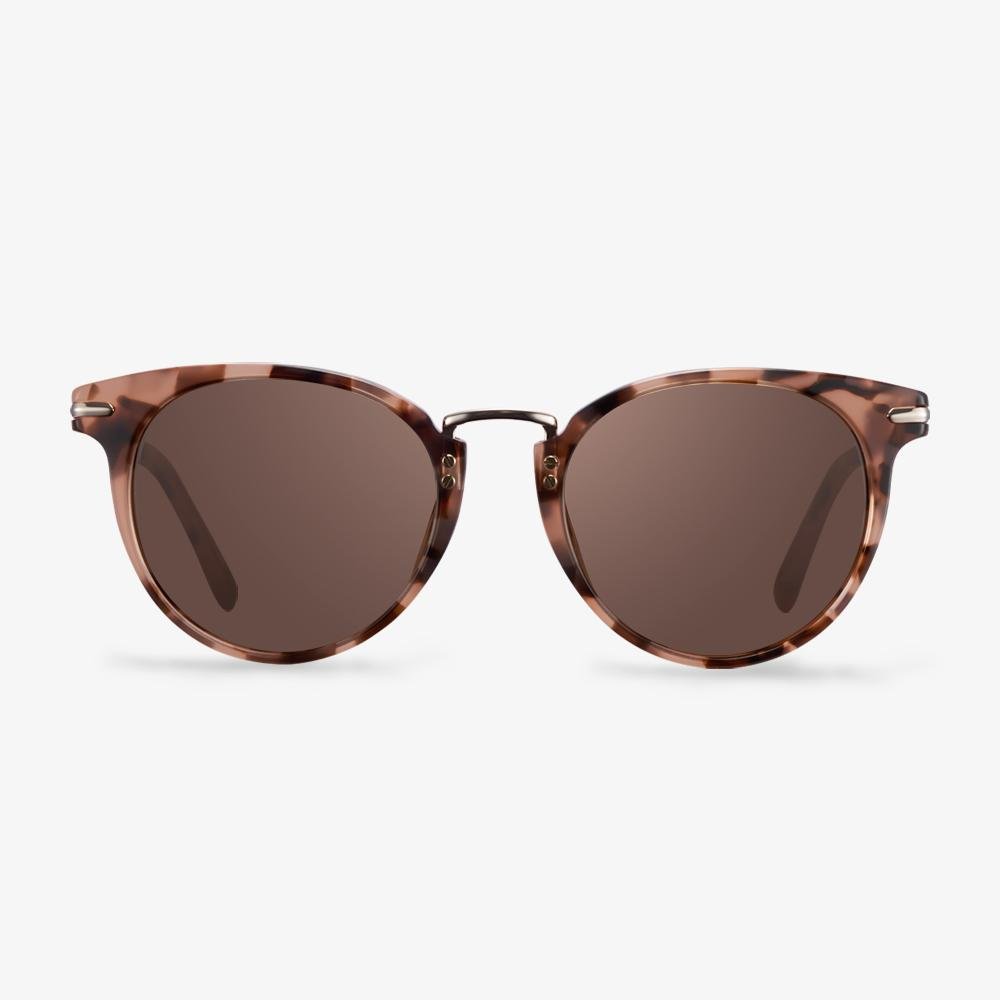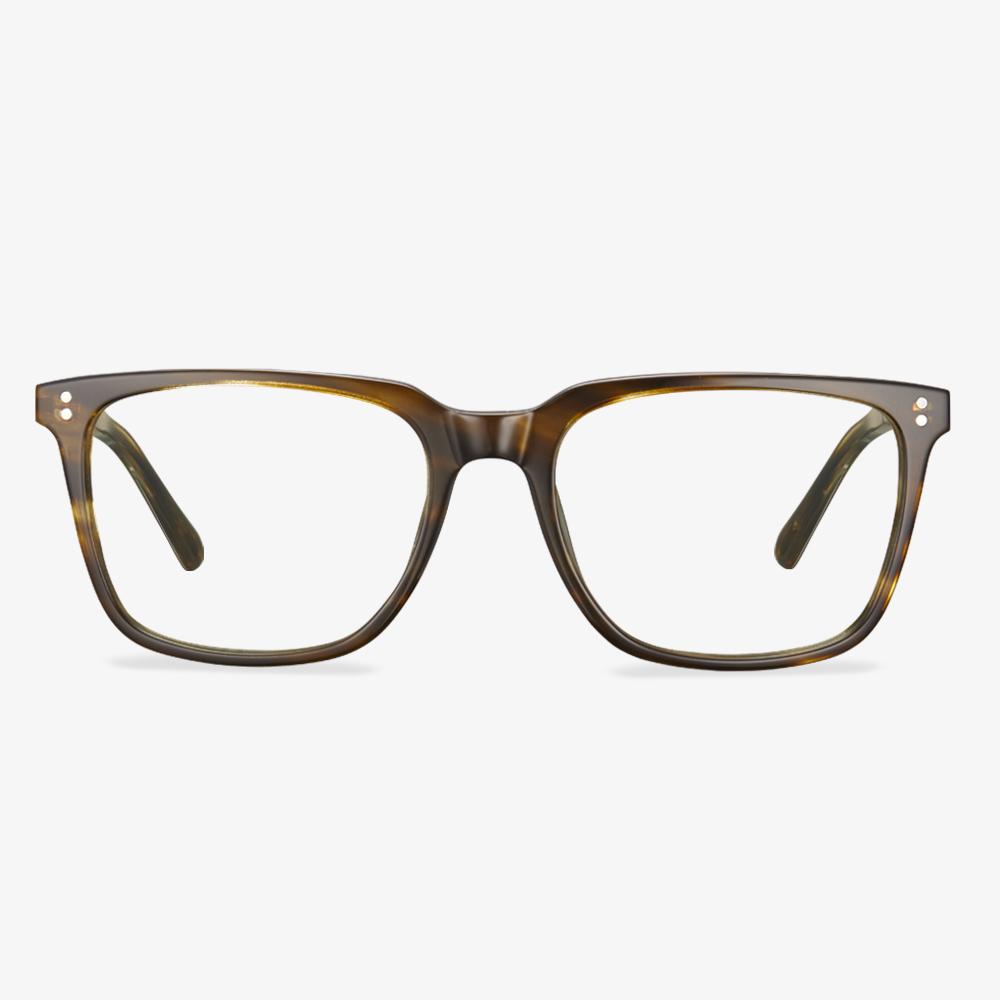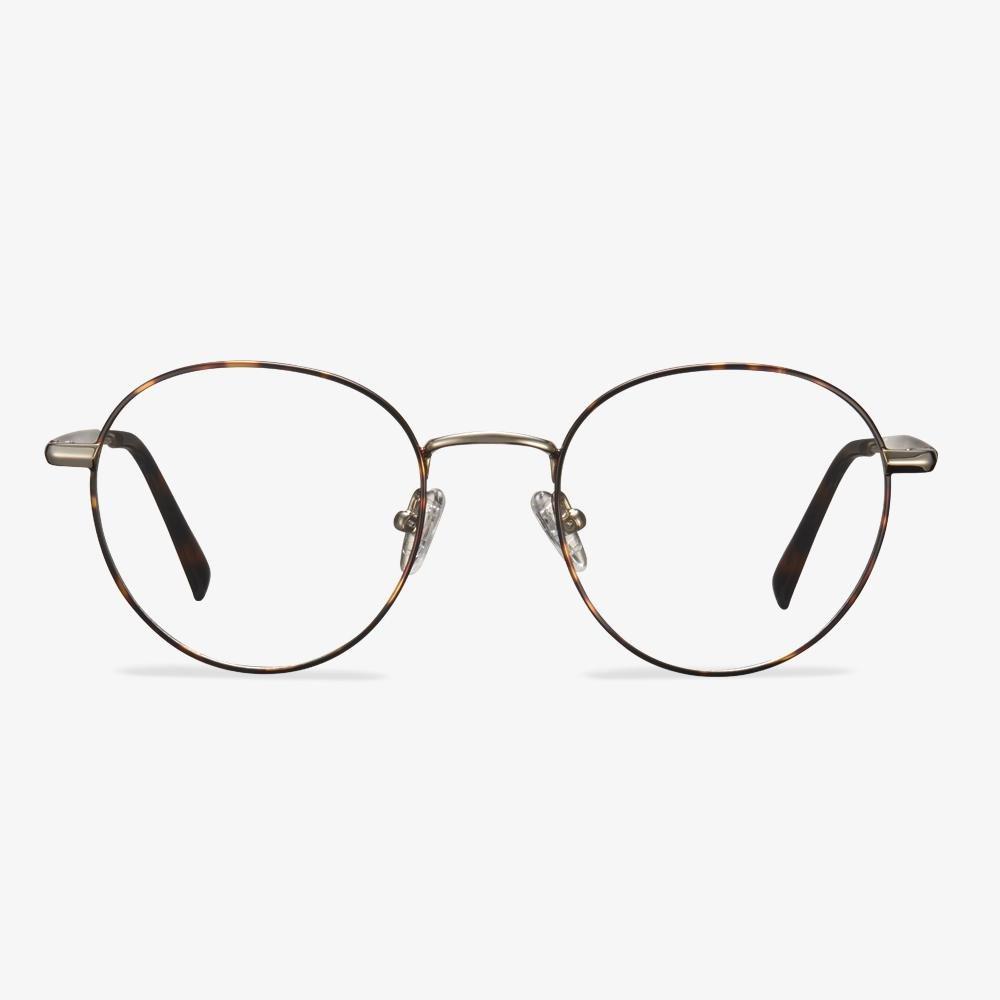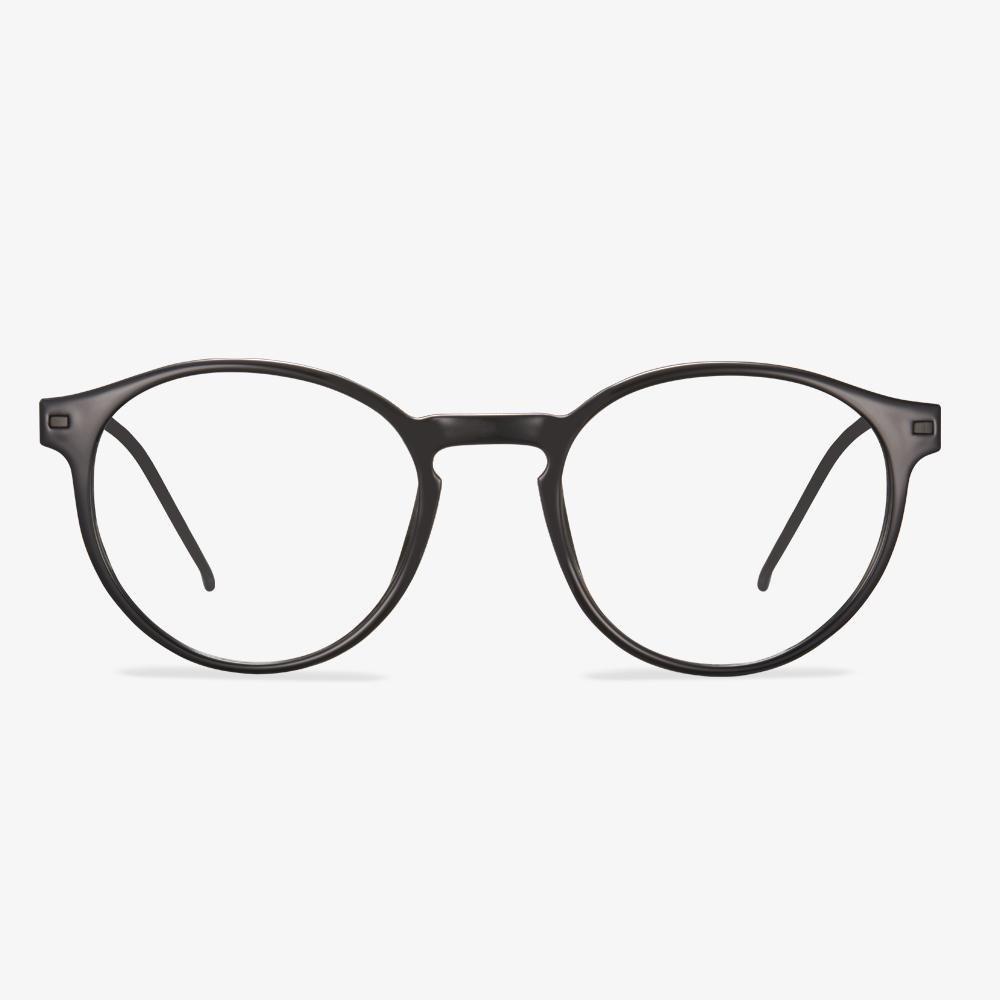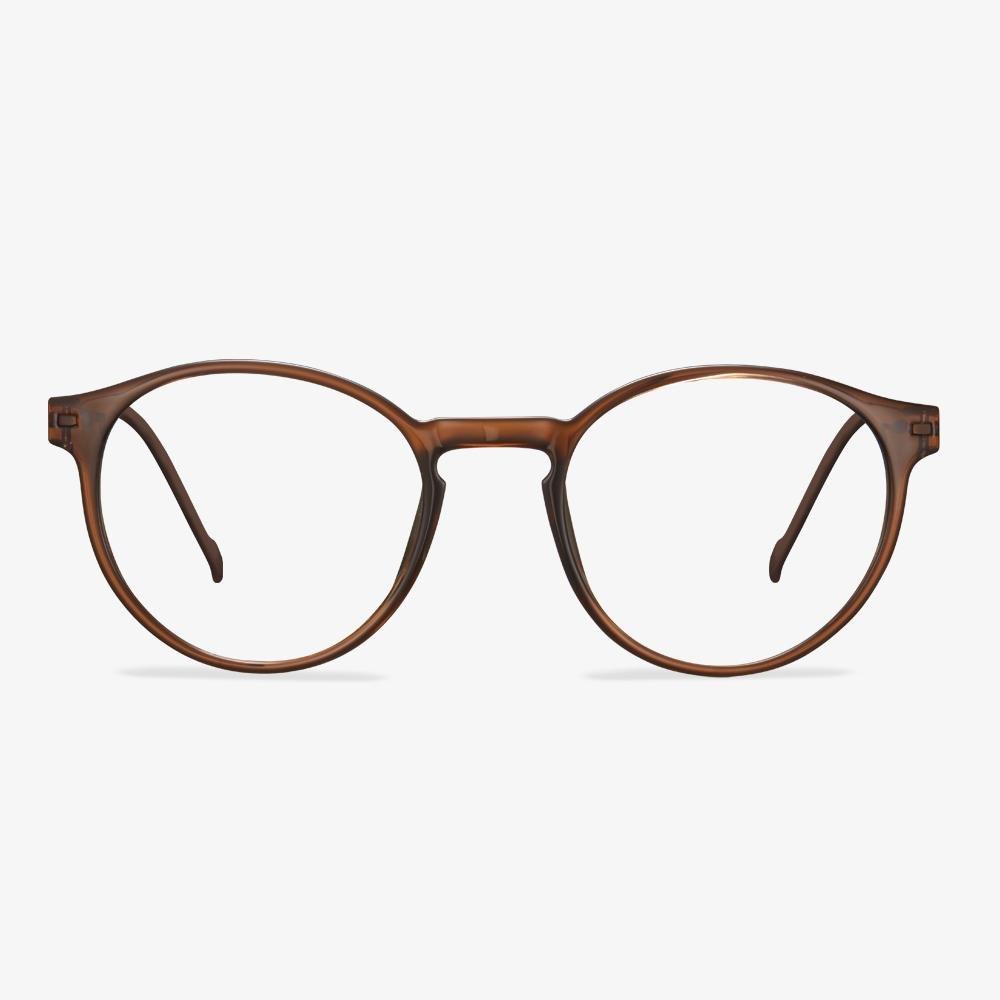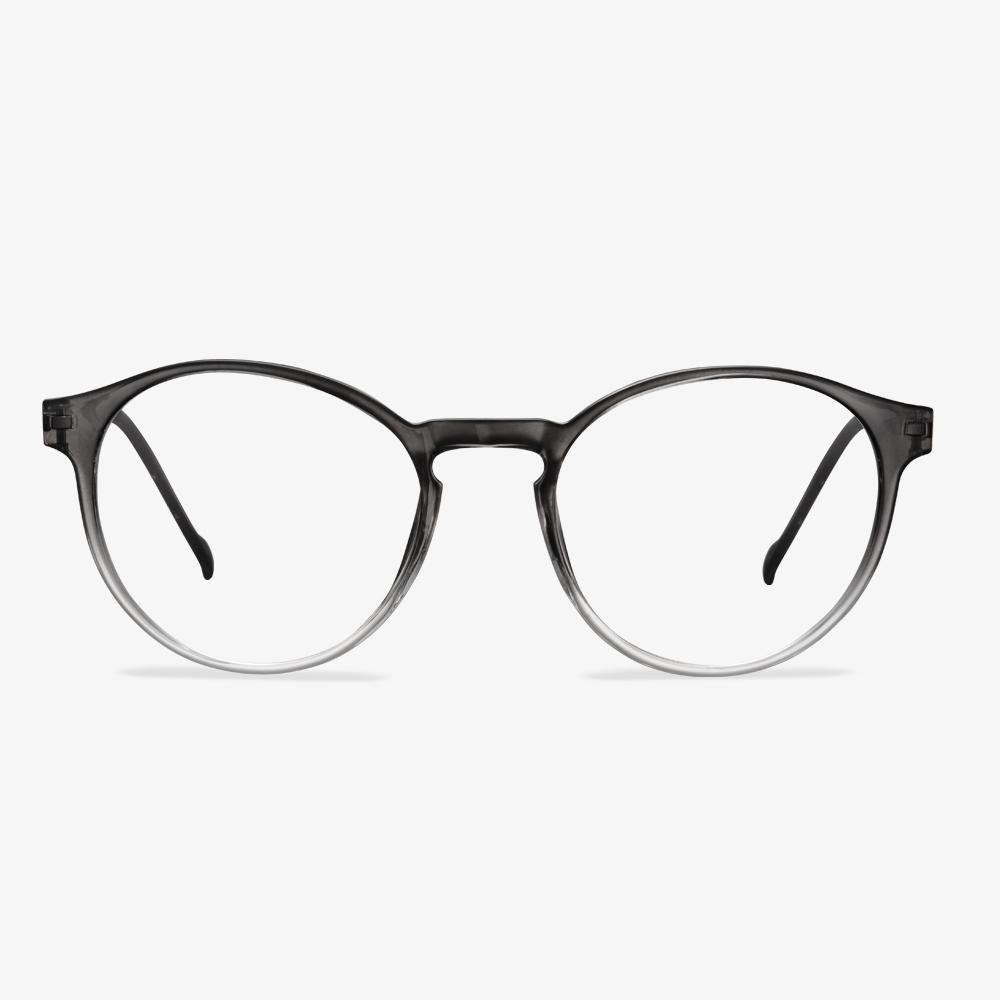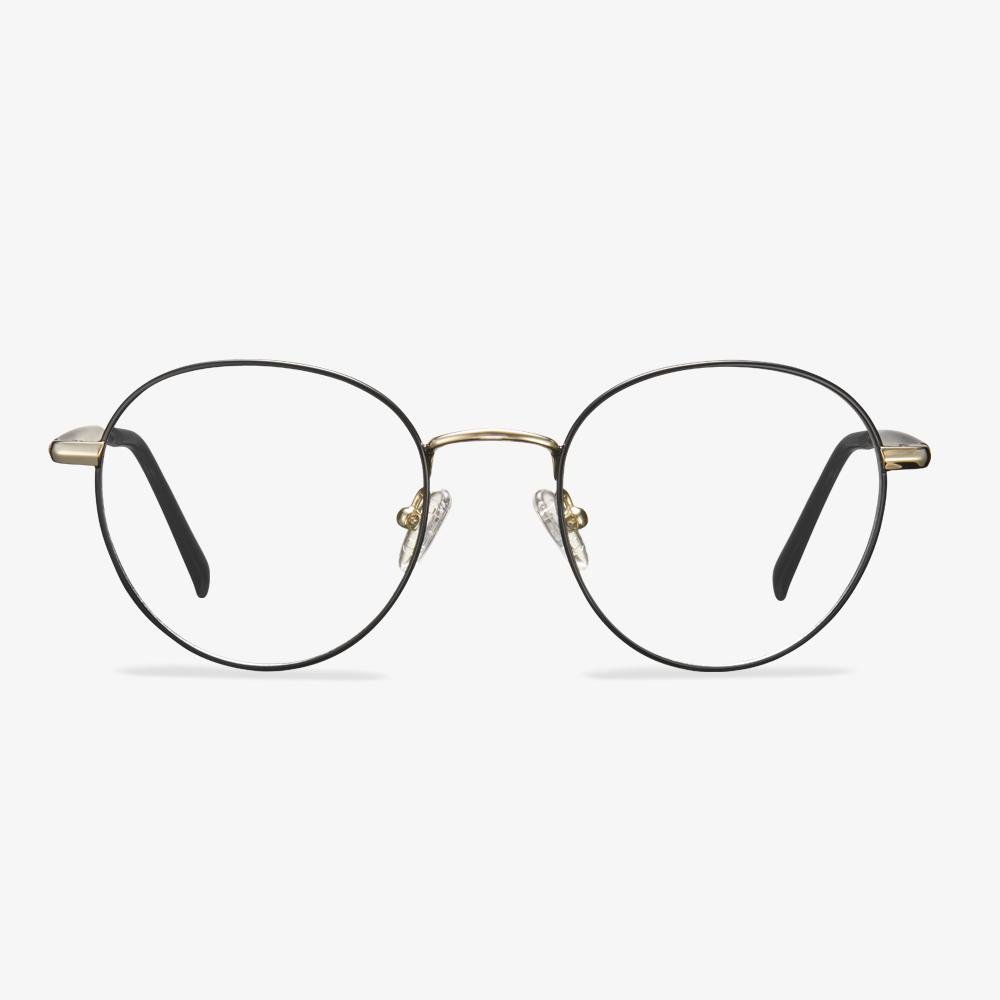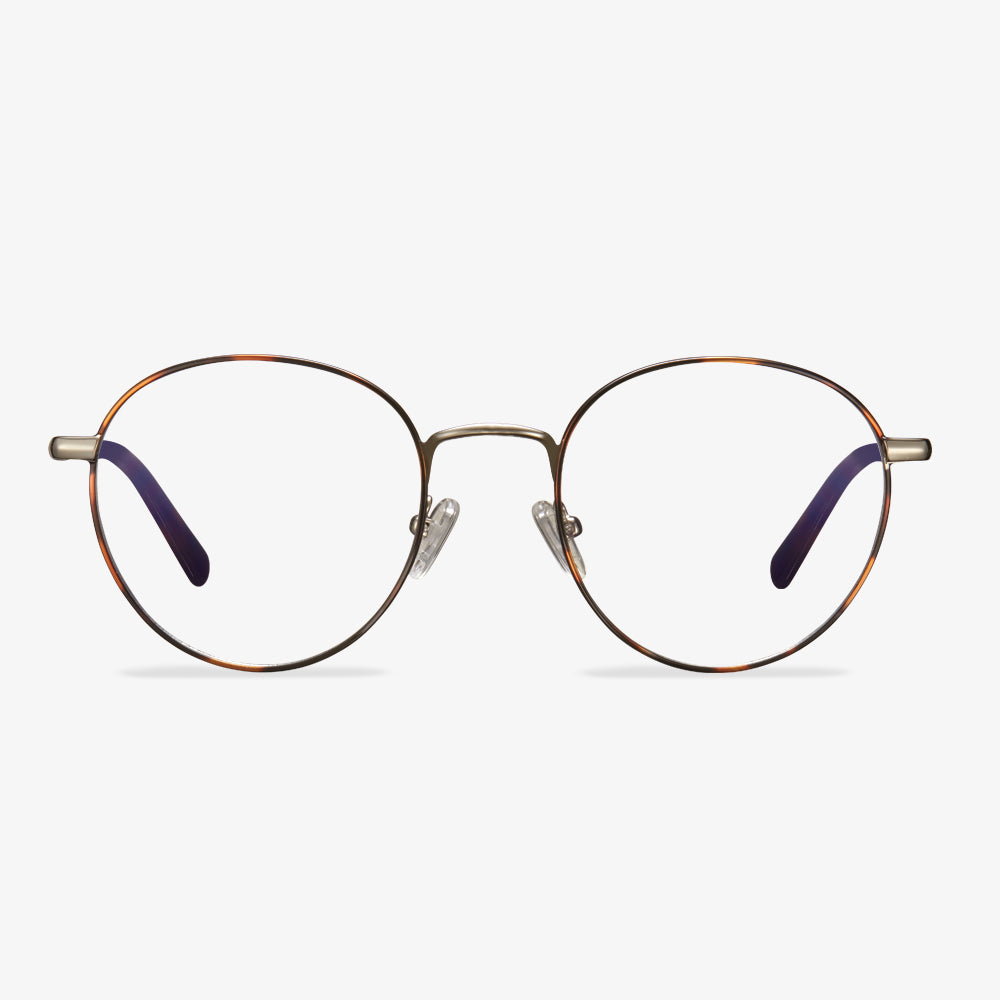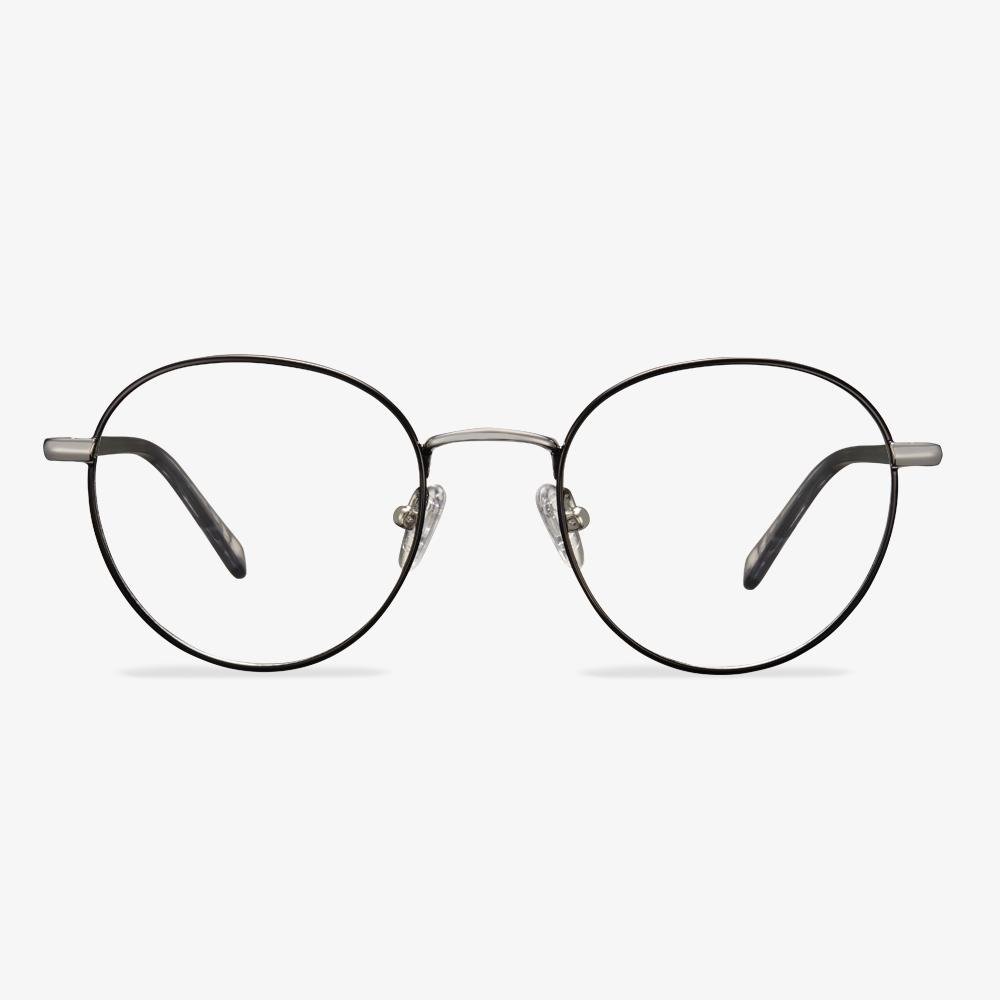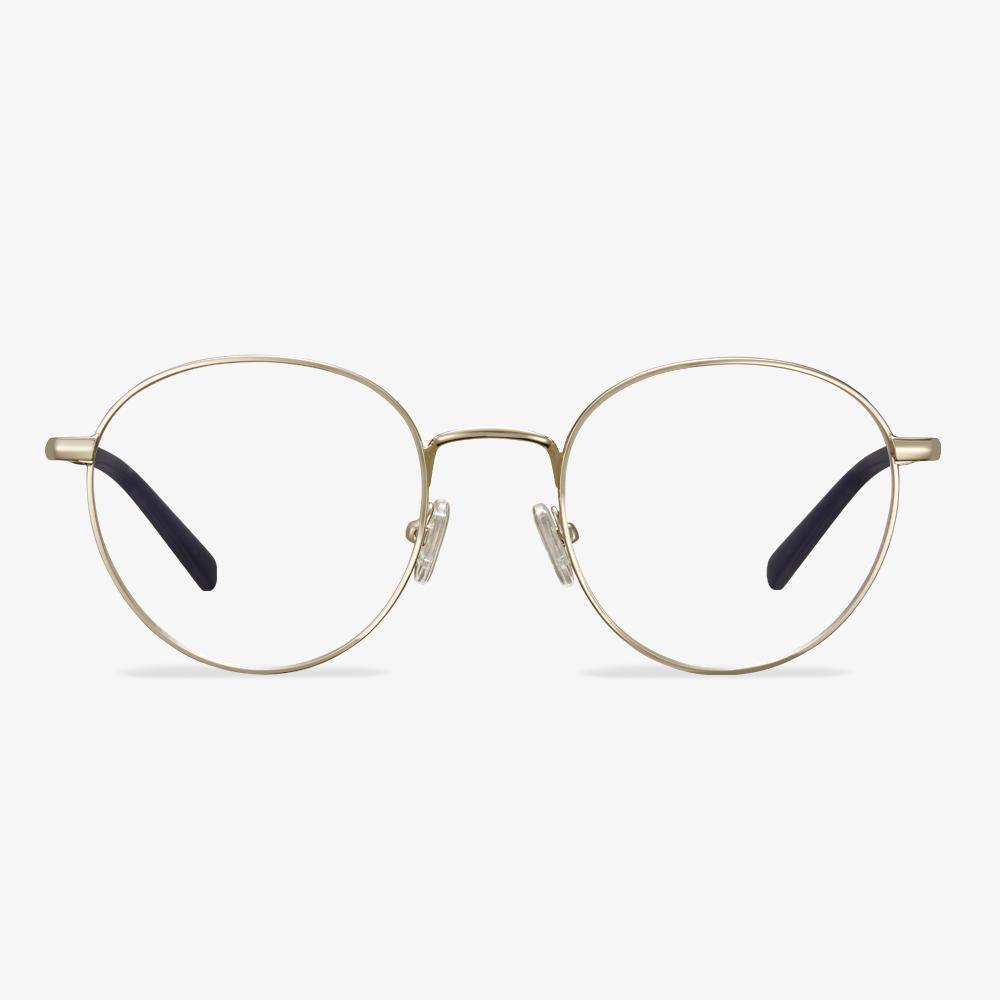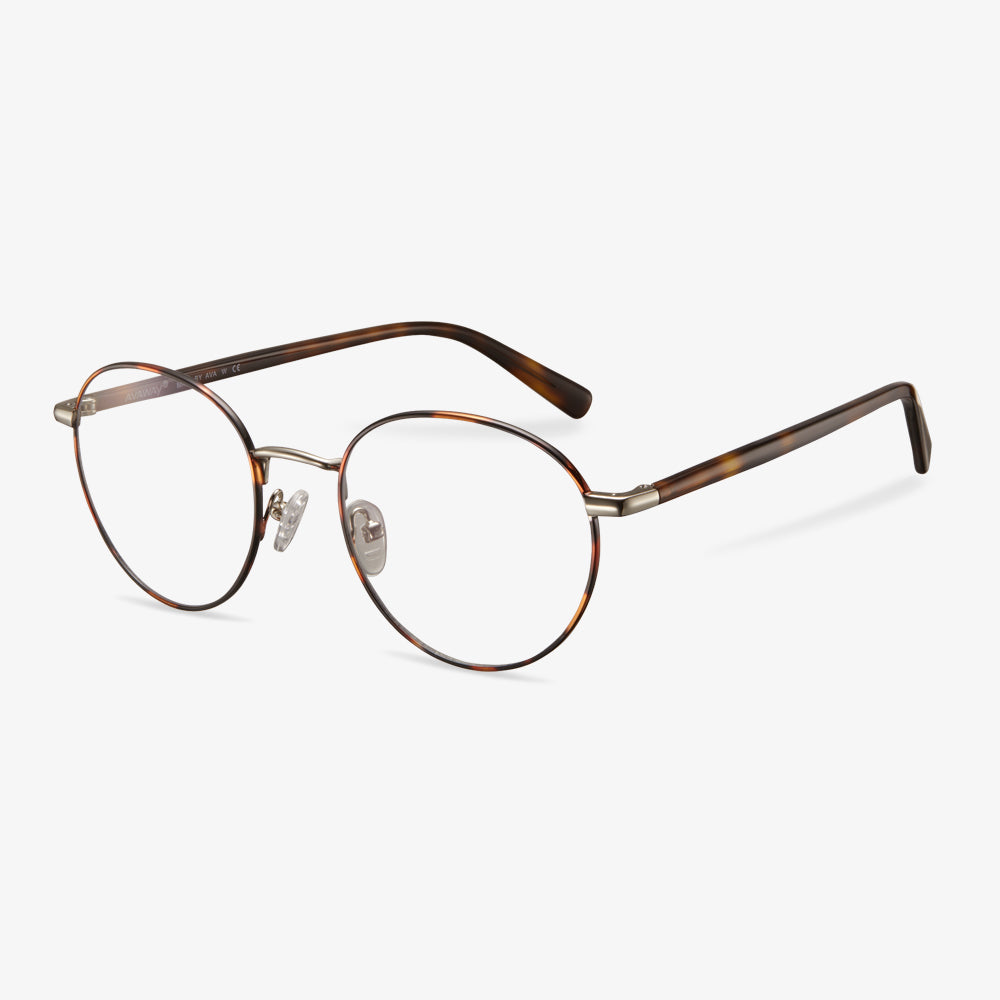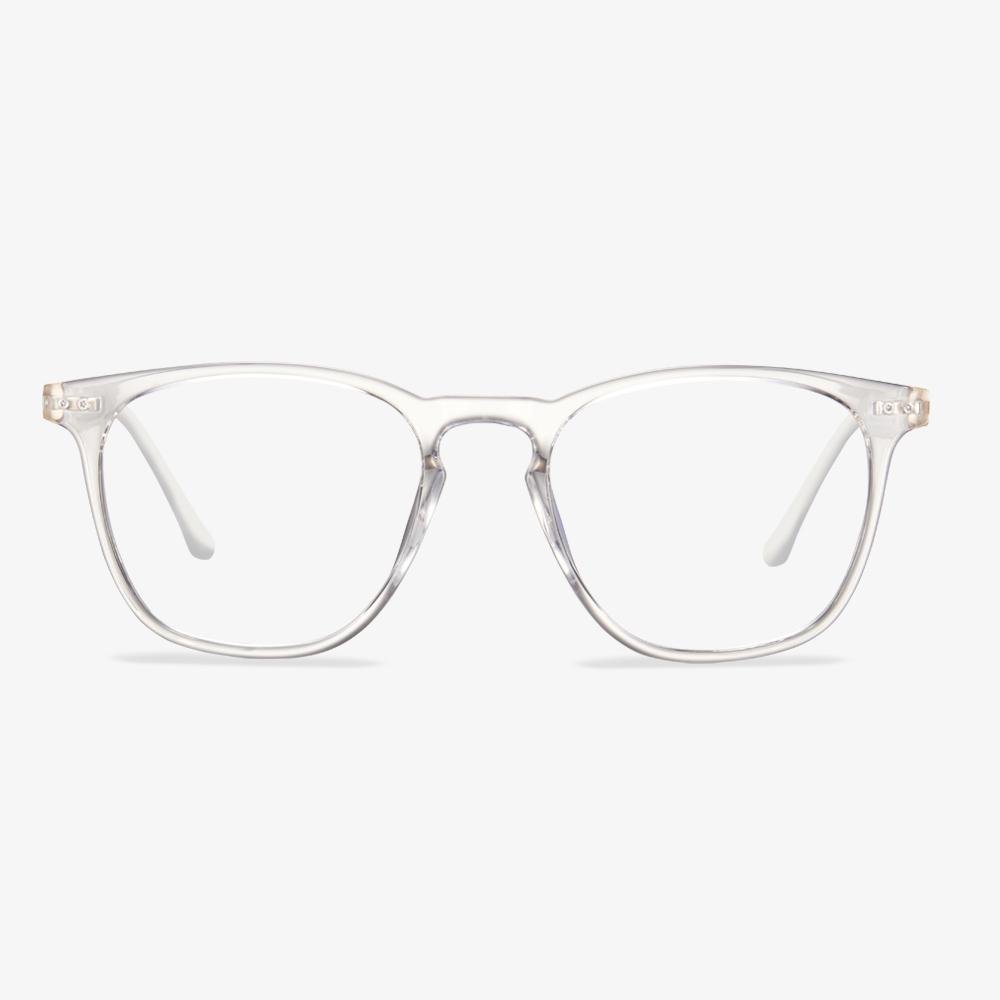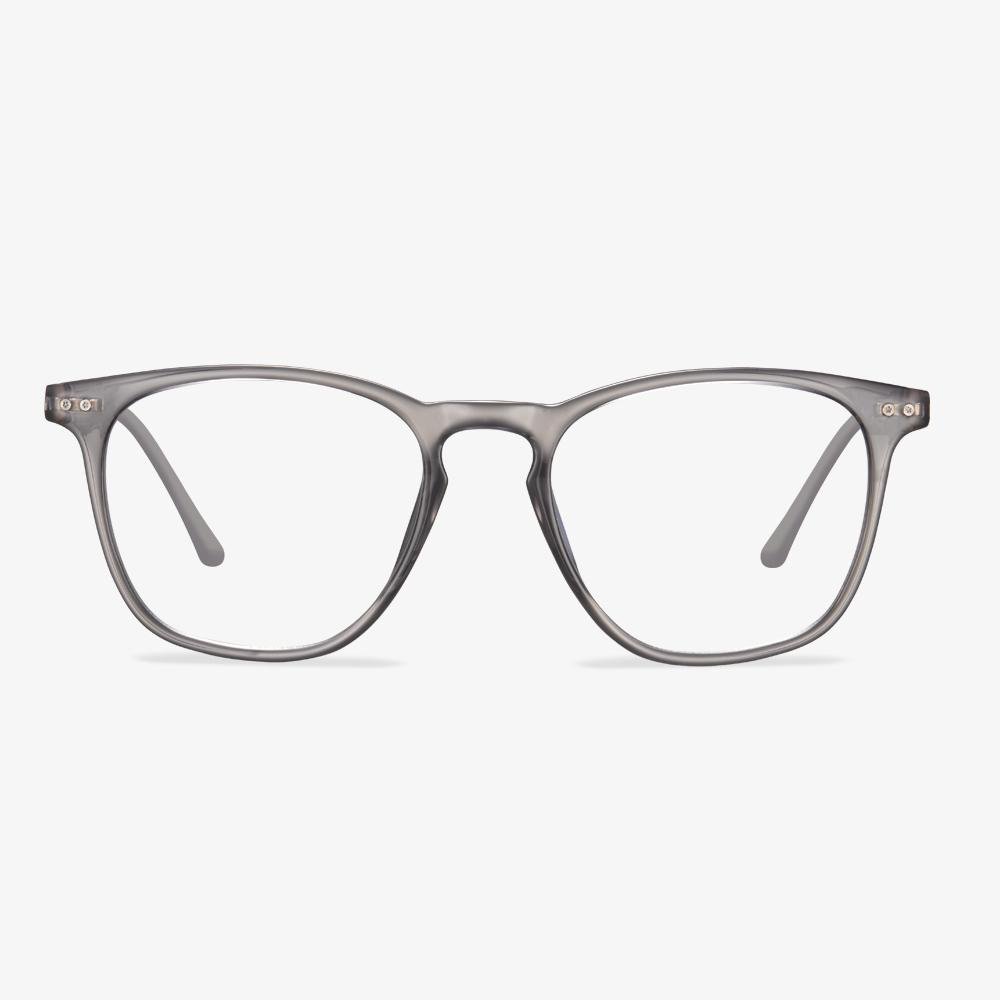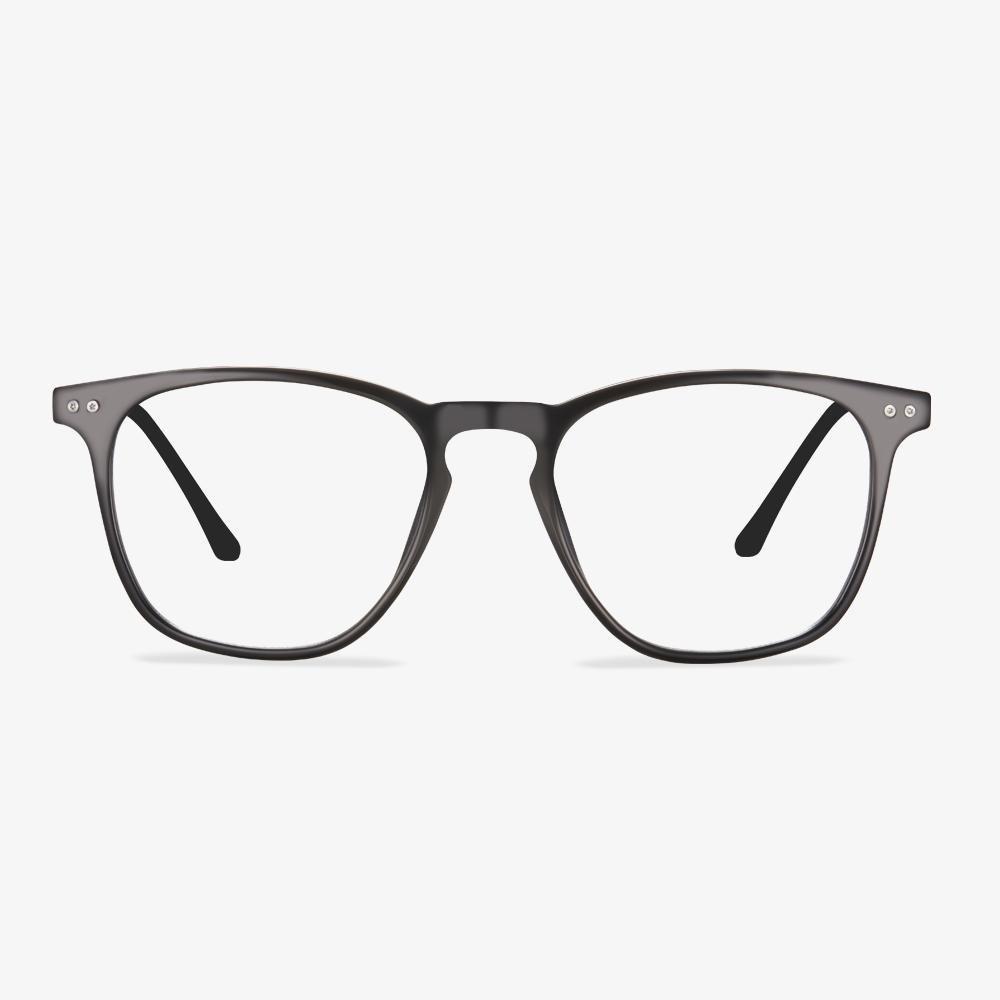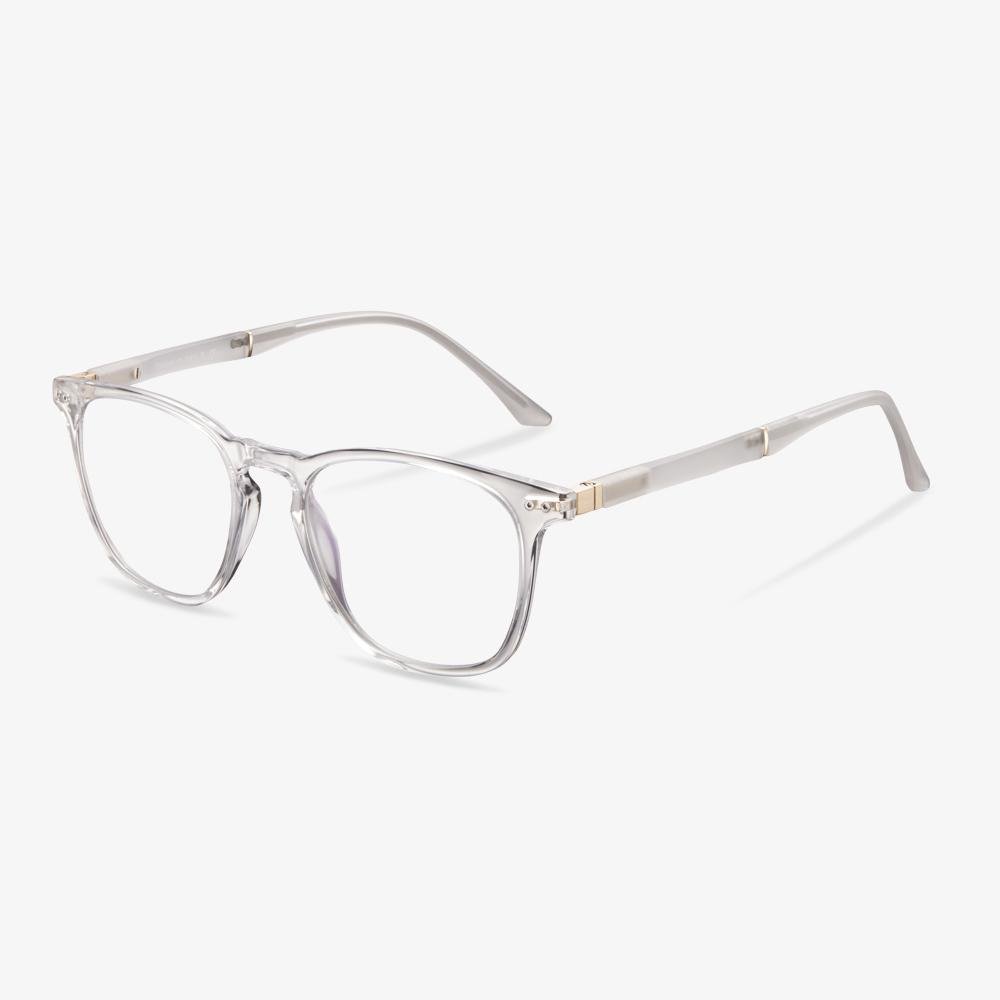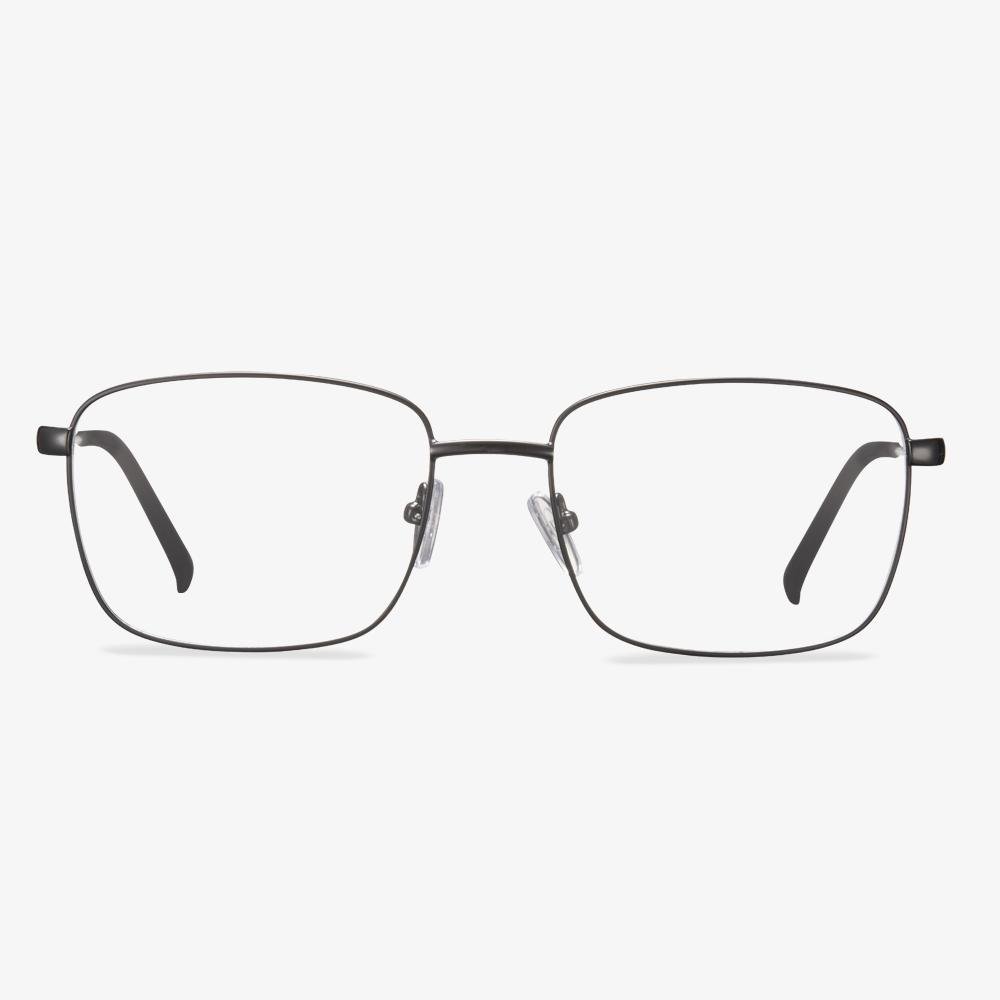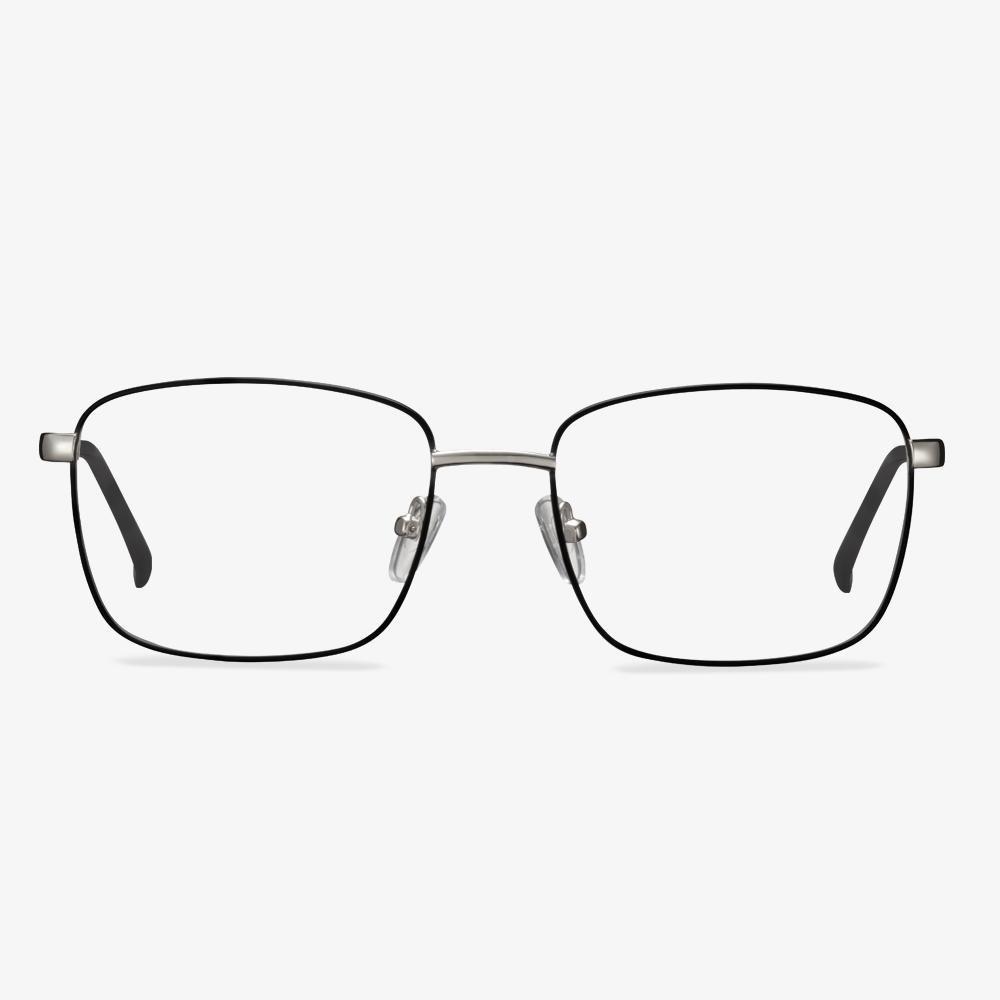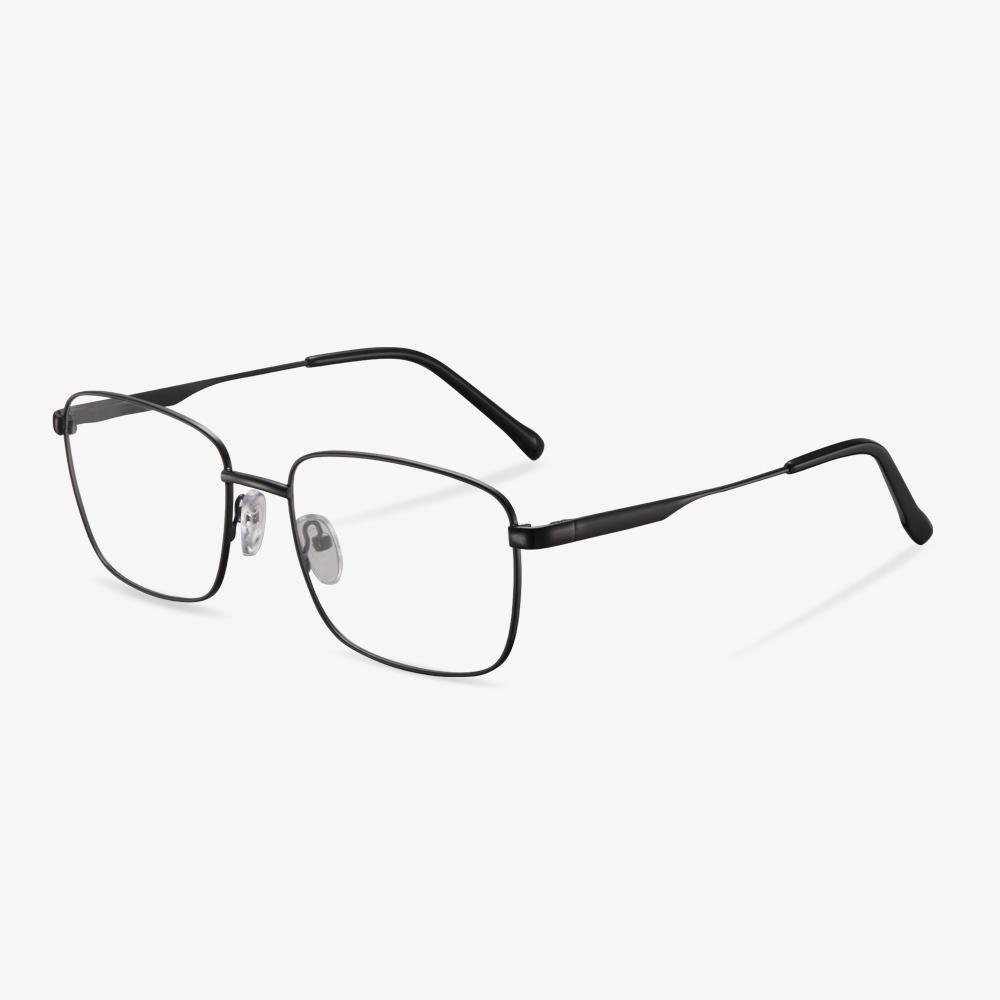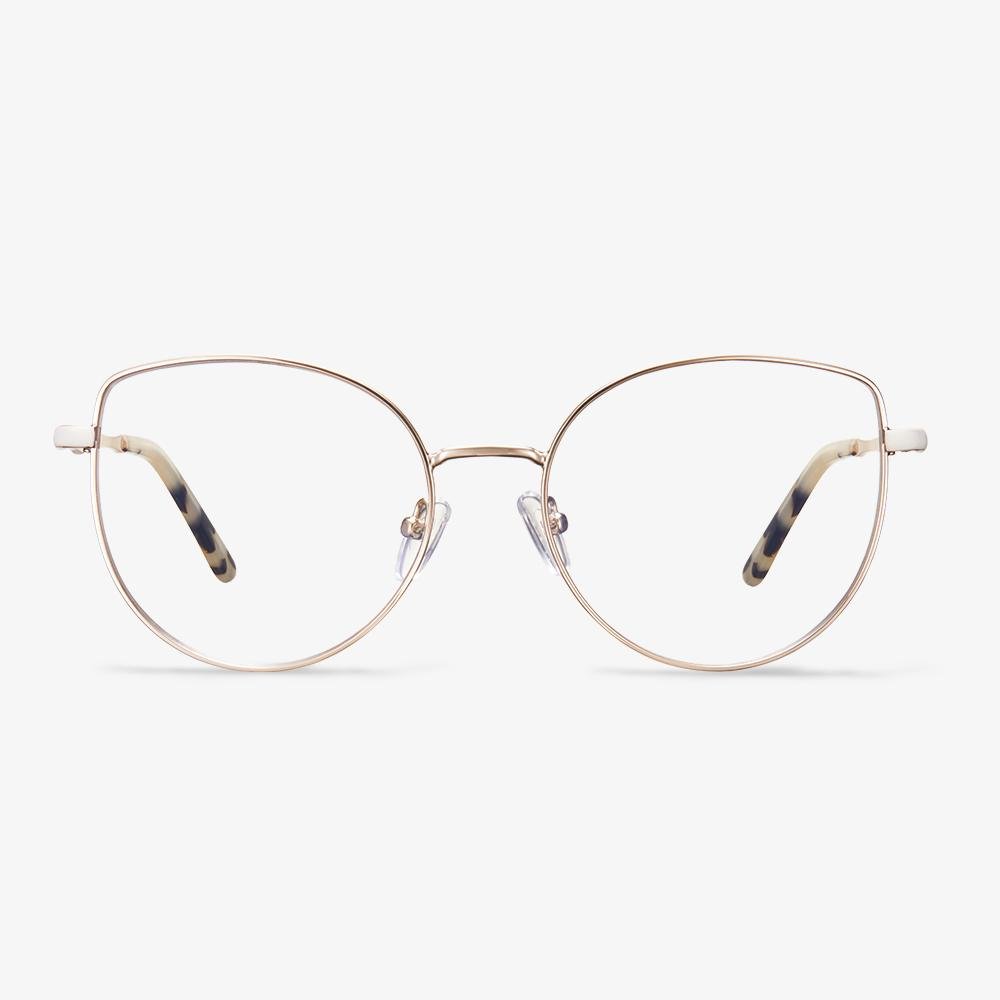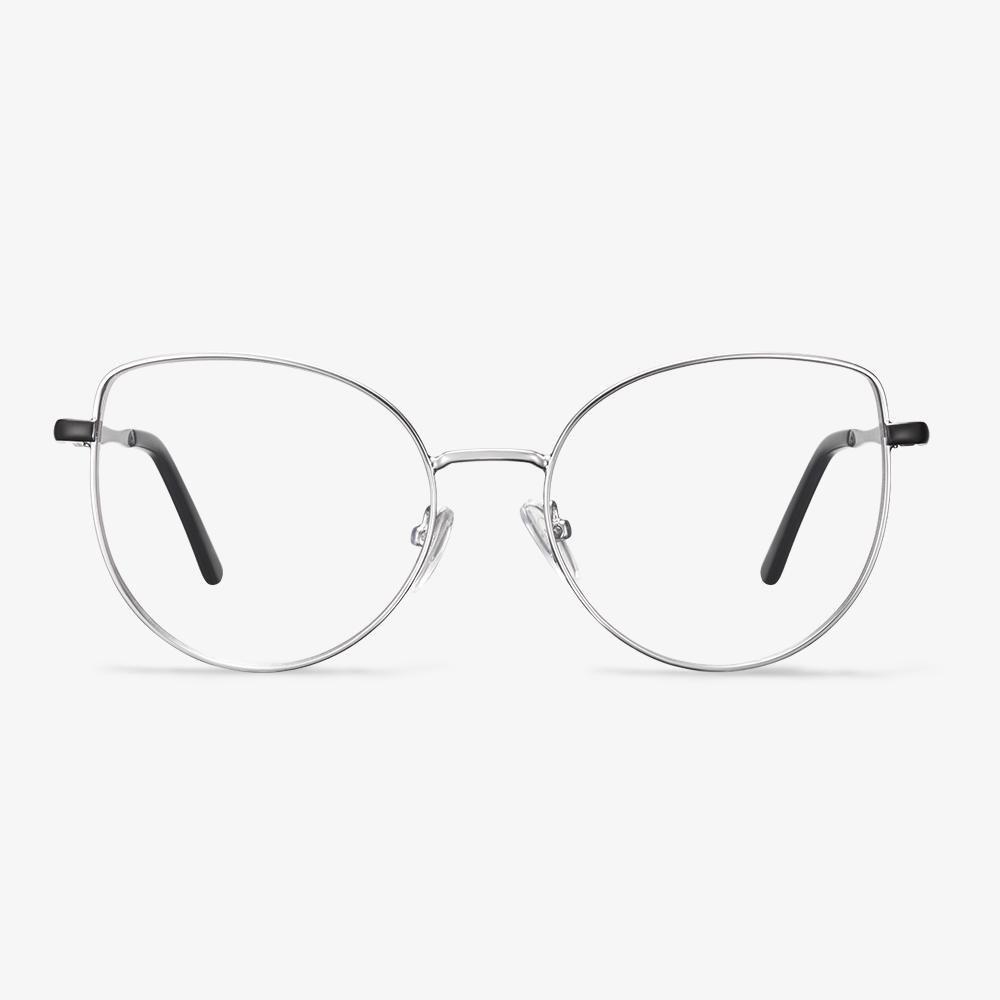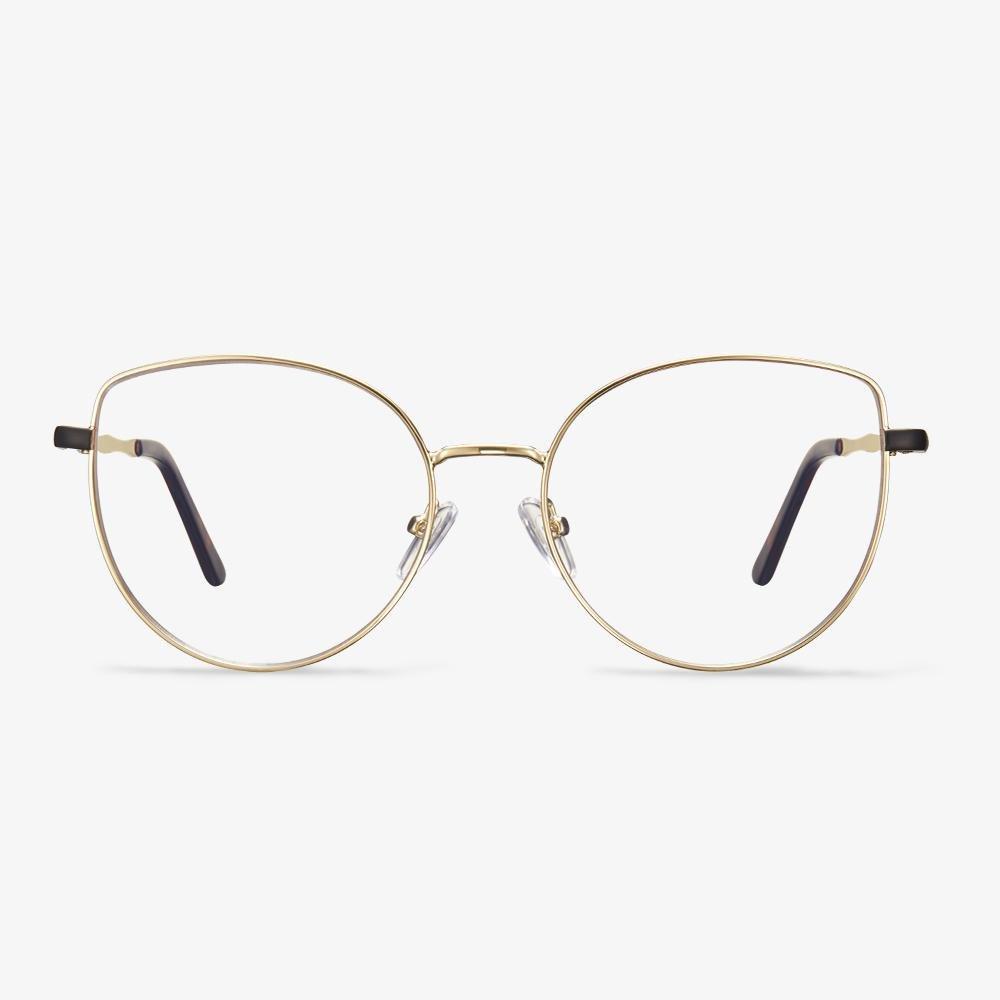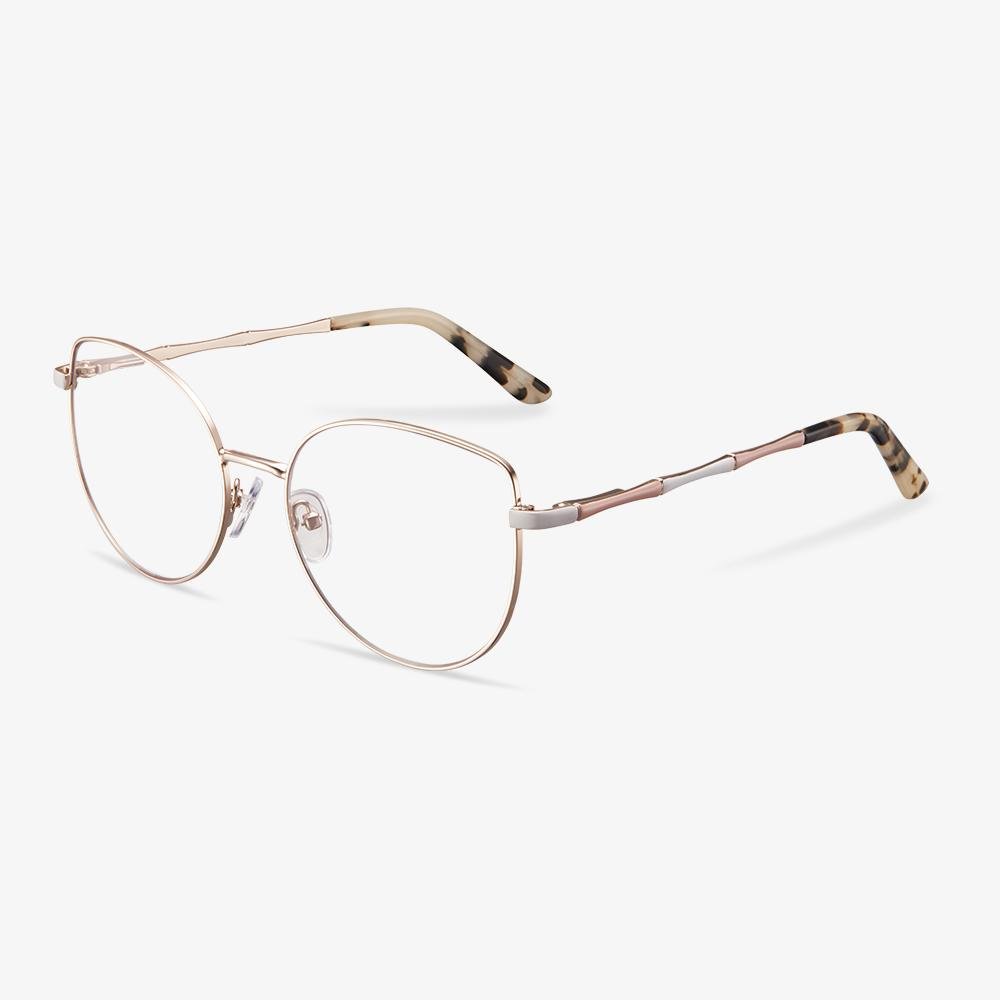In the hot summer, many people who wear glasses are deeply attacked by strong ultraviolet rays, reflections, glare, and various discomforts roaring, but if you take off your glasses and put on a pair of sunglasses, you can't see anything clearly. Therefore, many partners choose to prepare photochromic lenses, polarized clips or prescription sunglasses lenses, and so on.
Today we will discuss several lens options for people who wear glasses to face ultraviolet rays and their differences.
1. Tinted lenses
Two types of tinted lenses are dyed by optical shops and myopia sunglasses are pre-dyed by professional lens factories.
(1)Tinted lenses dyed by optical shops:
That is, dyeing is done on the finished lens. The surface of this kind of lens has not been hardened, the lens is more likely to be scratched, the color stability is also poor, and it is easy to change color. Poor quality dyeing process, even toner particles remain on the lens surface.
Moreover, if dyed at a high temperature, the lens may deform irregularly if the control is not good, resulting in a change in the actual degree.
(2) Myopia sun lenses pre-dyed by professional lens factories:
Because the colored finished lenses are directly produced, the color stability and color fastness of this type of lenses are relatively high, and the optical indicators are relatively stable and reliable, but the cost caused by the complicated process is higher, and the natural market price is also relatively expensive.
2. photochromic lenses
Photochromic lenses, are also known as "photosensitive lenses."
Because silver halide chemicals are added to the lens, the originally transparent and colorless lens will turn into a colored lens for protection when exposed to strong light, and the normal light will return to the transparent lens, so it is suitable for both indoor and outdoor use.
Photochromic lenses are divided into substrate color change and film color change.
1. The substrate discoloration technology was developed by Corning, which has a history of 50 years and is relatively mature and stable.
The advantage is that the technology is mature and the cost is lower than that of film discoloration. The disadvantage is that the discoloration reduction speed is slow, and the lens with a higher degree has a slight chromatic aberration due to the thinner edge in the middle of the concave lens (you can only find it when you look closely), that is to say, there is a slight difference in light transmittance.
2. Film discoloration technology was developed by Transitions, which has a history of 20 years and is a relatively stable technology.
The advantage is that the discoloration reduction speed is faster than that of the substrate, and the light transmittance will not be affected by the thickness of the lens. The disadvantage is that the cost of technology costs is relatively expensive.
A few issues to be aware of with photochromic lenses:
Photochromic lenses have a shorter lifespan. Substrate photochromic lenses generally have coloration within 2 years (poor quality even has a darker background color in half a year), and film photochromic lenses have more color changes and matching times, and it takes about 2 years.
Most photochromic lenses are triggered by ultraviolet rays. In some areas, the ultraviolet rays are strong on cloudy days, so it is not suitable to wear photochromic lenses. In addition, the color restoration speed of the lenses is relatively slow at low temperatures.
When choosing a frame, pay special attention to the style of the frame, and fully consider that the discolored glasses look like a pair of sunglasses as much as possible, otherwise, they will look weird in appearance.
3. Polarized lenses for myopia
Polarized lenses are lenses that only allow light of a certain polarization direction in natural light to pass through. Because of its light-filtering effect, things will look darker when you wear it. To filter the glare of the sun in the same direction on the water surface, land, or snow, special vertical coatings are added to the lenses, which are called polarized lenses.
Best for outdoor sports such as sea activities, skiing, or fishing. However, it is not recommended to use it when driving and the windows have been pasted with polarizing film.
The current polarized lenses for myopia are mainly 1.60, and the lenses are thicker, so it is not suitable for partners with a degree of more than 600°. Of course, some brands such as Essilor also have 1.67 myopia polarized lenses, but the price is higher.
4. Polarizing clip
This is a relatively convenient clip specially made for people who wear glasses. The advantage is that it is relatively simple and convenient, but it is not very beautiful.
Polarized lenses are thinner, generally, there are two types: 0.65mm and 1.0mm, thinner lenses are easy to deform, and the difference in optical indicators is very large. Some tinted lenses are easy to fade or change color due to quality problems. It is recommended to choose a reliable brand, such as Polylaid polarizers.
5. Suction sheet mirror:
The structure and craft of this type of glass are better than that of clips, and they are composed of a pair of optical glasses and a pair of secondary mirrors equipped with polarized lenses. The secondary mirror can be attached or removed when needed.
The advantage of this type of glass is that it is convenient and quick to take off and put on, but the disadvantage is that the contact surface is easy to wear.
Like the photochromic mirror, the design of the frame should take into account that the designed frame is not only optical glasses but also looks like sunglasses when equipped with secondary mirrors.
These are the several options for glasses-wearing partners to choose sunglasses. You can choose the most suitable lenses according to your own needs.
If you have encountered other problems, please leave a message below, thank you!











